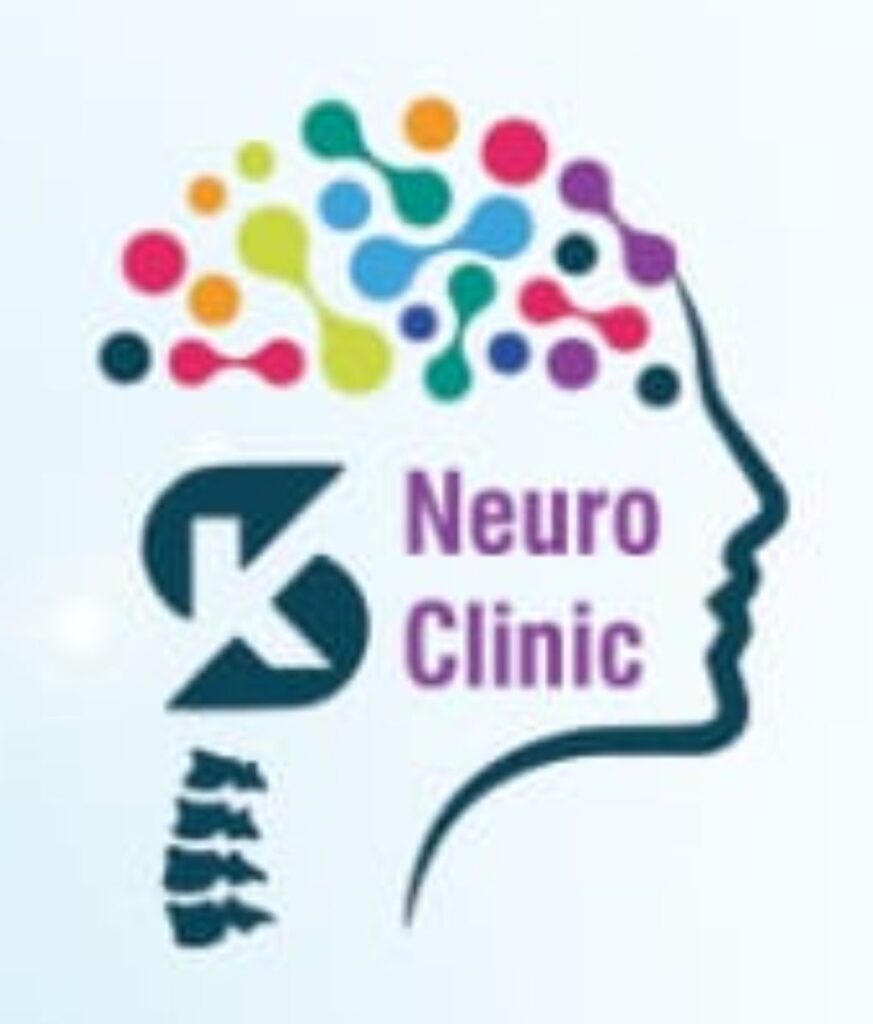Understanding Spinal Cord Injuries
The spinal cord is a vital part of the central nervous system. It connects the brain to nerves throughout the body, allowing for movement and sensation. When the spinal cord is injured, it disrupts these crucial communications. Spinal cord injuries often occur due to accidents, falls, or violence. Diseases, like infections or degenerative conditions, can also lead to injury.
Why is understanding the role of the spinal cord important? Early detection of issues can prevent further damage. Recognizing how the spinal cord functions helps you be alert to any problems, ensuring that any early diagnosis of spinal cord issues is made quickly. Early awareness can lead to better outcomes by starting appropriate interventions sooner.
Recognizing Symptoms and Initial Clues
Spinal cord injuries can present a range of symptoms, both physical and neurological. Common symptoms include:
- Sudden loss of movement in arms or legs
- Difficulty breathing
- Loss of sensation in any part of your body
- Pain or pressure in your back or neck
Identifying these symptoms early is crucial, prompting quick consultation with a medical professional. Your primary healthcare provider might begin the diagnosis by reviewing your medical history and conducting a simple physical assessment. If the injuries are suspected to involve the spinal cord, they will likely refer you for further evaluations.
Consulting Specialists for Comprehensive Evaluation
When serious spinal cord injuries are suspected, your doctor may refer you to specialists such as neurologists or orthopedists. These specialists focus on problems related to nerves and bones.
When you visit a specialist, expect a thorough consultation. They’ll discuss your symptoms, examine your medical history, and perform a physical assessment. It’s vital to choose a specialist who is experienced in spinal cord injury diagnosis; look for one with good patient reviews. This ensures you get the best care possible as they guide you through the next steps in the diagnosis.
Exploring Diagnostic Tests for Spinal Cord Injury Diagnosis
Diagnosing a spinal cord injury starts with a physical examination. This helps assess the body’s response to stimuli and checks for any nerve damage. However, more detailed assessments are often required.
Here are some common spinal cord assessment tests:
- MRI (Magnetic Resonance Imaging): This test provides a detailed image of the spinal cord, revealing any damage or injuries.
- CT Scan (Computed Tomography): Offers a cross-sectional view of the body and is used to spot bone injuries and blood flow issues.
- X-rays: Used to identify fractures or other abnormalities in the spine.
Electrophysiological tests, like Somatosensory Evoked Potentials (SSEPs) or Electromyography (EMG), examine the electrical activity of muscles and nerves. These tests help determine the extent of the injury and guide treatment plans.
Interpreting Diagnostic Results
Once all spinal cord assessment tests are completed, the results will be analyzed by your healthcare team. They’ll explain the findings in simple terms and discuss what they mean for your health.
Understanding these results is crucial as they guide your health journey. Whether the diagnosis reveals minor or major issues, it will inform your treatment options and help tailor a plan suited to your needs.
The Critical Nature of Timely Diagnosis
An early diagnosis of spinal cord issues is incredibly beneficial. It accelerates treatment, leading to improved recovery outcomes. Detecting issues sooner rather than later can prevent further complications.
Misdiagnosis can have serious consequences, delaying necessary treatment. That’s why it’s always advisable to seek a second opinion if uncertain about your initial spinal cord injury diagnosis. Doing so ensures you receive the most accurate evaluation and care.
Conclusion and Patient Support
Being diagnosed with a spinal cord injury can be daunting, but it isn’t the end of the road. With the right support and treatment, many patients continue to lead fulfilling lives.
Engaging in proactive health management is key to adapting to life post-diagnosis. Empower yourself with knowledge, stay informed, and remain actively involved in your treatment plan. Focusing on health and well-being ensures the best possible outcomes.
Take control of your health today. Schedule a consultation with leading specialists in spinal cord injury diagnosis. Visit our website to book an appointment and start your journey toward effective care. Open communication with your healthcare team is essential—never hesitate to ask questions and advocate for your health. Equipped with the right knowledge and support, your path to recovery is within reach.
Regain Control of Your Health Today!
At Neuro & Spine Clinic Name we specialize in comprehensive spinal cord and neurological care to help you achieve the best possible outcomes. Our expert specialists are ready to provide personalized diagnosis, treatment, and recovery plans tailored to your needs.
Experiencing back pain, numbness, or weakness? A spinal cord injury needs early diagnosis for the best recovery. Visit Neuro and Spine Clinic for expert evaluation! 📞 Book your consultation today!

